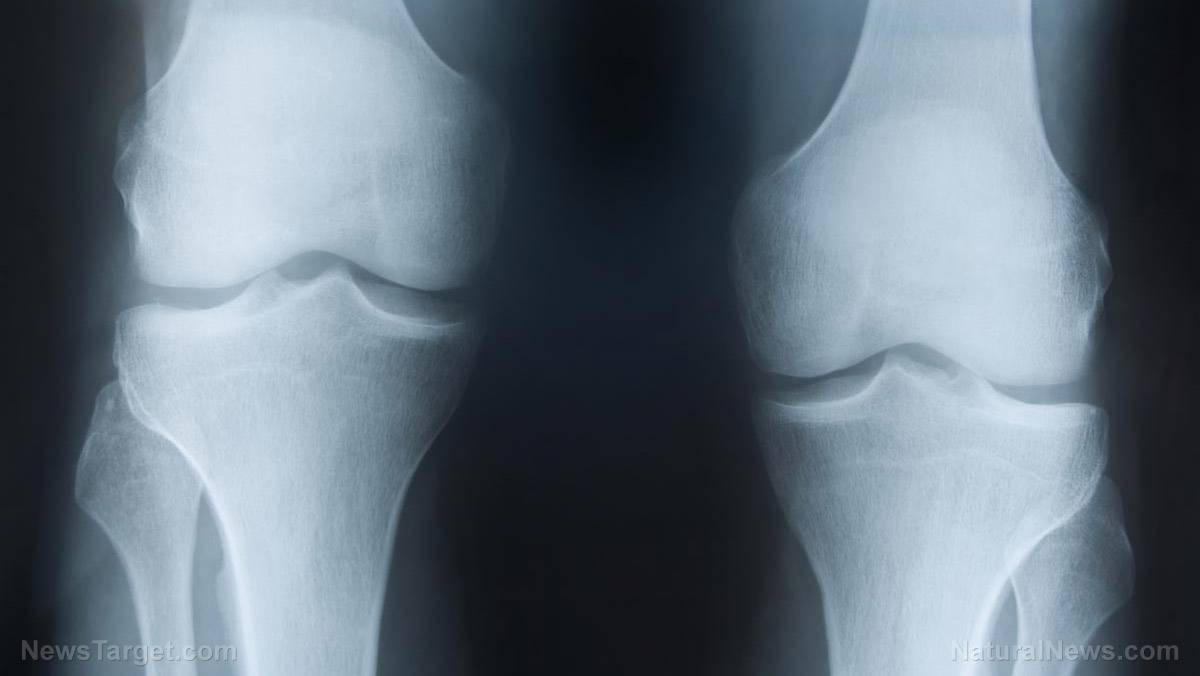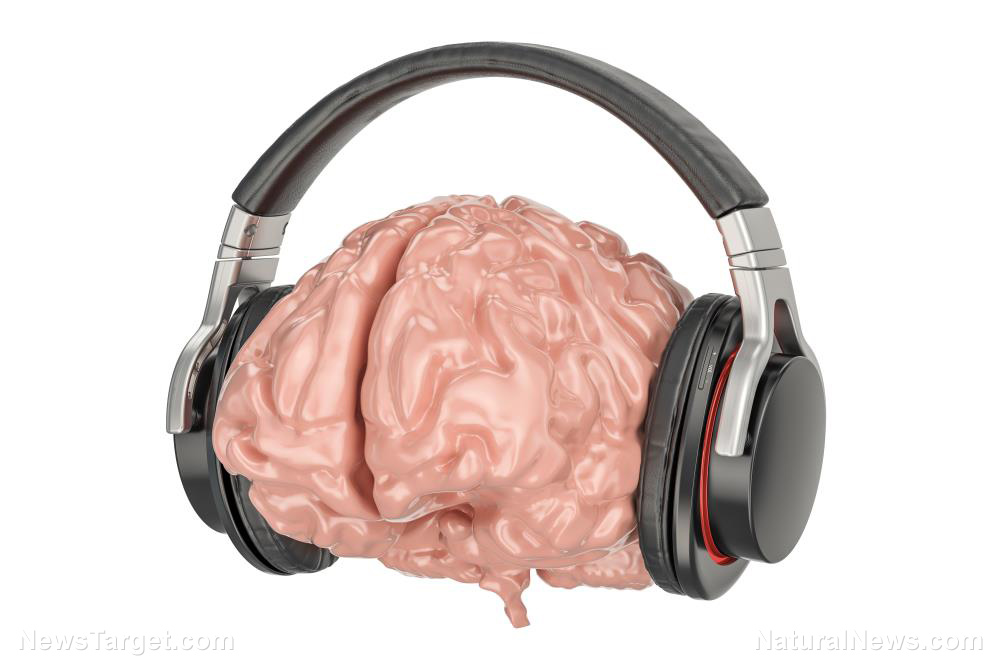Your handshake may be a good indicator of how healthy your brain is
05/24/2018 / By Carol Anderson

A hand grip may be a normal, everyday thing for men and women alike but a recent study showed that the strength of a handshake can indicate a person’s brain health.
Using the data of 475,397 people from the general population in the U.K., and 1,162 participants who were diagnosed with schizophrenia, researchers discovered that grip strength is connected to the performance of the visual memory and reaction time of a person. This study has been proven in two groups where one has participants over 55 years old and the other has participants younger than 55.
Aside from visual memory and reaction time, tests conducted during the research also included examinations for reasoning, prospective memory and number memory.
According to Dr. Joseph Firth, an Honorary Research Fellow at The University of Manchester and Research Fellow at NICM Health Research Institute at Western Sydney University, people who are stronger tend to have better functioning brains, particularly when age, gender, body weight and education are taken into account.
The cross-sectional analysis was done between 2007 and 2010 using the baseline assessment for the UK Biobank. As part of the test, participants were categorized for more focused studies and results; those with records of non-affective disorders were tested separately from those with no history of mental illnesses.
A hand grip strength measurement test was done using a hydraulic hand dynamometer. The results were then assessed using data from their dominant hand. Meanwhile, five different cognitive exams were given to check the performances of a person’s cognitive domains. Researchers admitted that there was a limitation when it came to participants with schizophrenia as some of them did not finish the tests, but still, they have found huge correlations between muscular strength and brain function. (Related: Learn how your hand strength can also be an indicator of your heart health.)
While this discovery is exciting news, Dr. Firth said there is a need for more research to determine whether muscle training is ideal to improve brain health. He said, “But really, what we need now, are more studies to test if we can actually make our brains healthier by doing things which make our muscles stronger – such as weight training.”
He also stated that unusual ways, such as weight training, could possibly help people with mental health conditions. “Our research has shown that the connections between muscular strength and brain functioning also exist in people experiencing schizophrenia, major depression and bipolar disorder – all of which can interfere with regular brain functioning,” he explained.
Dr. Firth concluded that the findings raise the possibility that weight training exercises could have a great impact on improving both physical and mental health of people with mental conditions.
How can you get a stronger hand grip?
Find out the best ways to train your muscles and get a tighter handshake. These are the five types of grip strength exercise:
- Crush – Simply hold onto something, e.g., a dumbbell, and close your hand around it as if you’re squeezing the object.
- Pinch – Hold onto an object using just your fingertips without letting it drop.
- Support – It’s almost like a crush grip but you mainly use your fingers to support the weight of an object. A good example would be carrying grocery bags by the handle.
- Open crush – Same technique as crush grip but the difference is that your fingers don’t touch or overlap with each other.
- Extension – It’s not exactly a grip exercise, but it helps train the muscles that you use to grip objects.
Learn more about muscular strength by visiting Slender.news today.
Sources include:
Tagged Under: bipolar disorder, brain function, brain health, cognitive performance, depression, exercise, fitness, hand grip, handshake, Mental Disorders, mental health, Mental illness, mind body science, muscles, muscular strength, number memory, prospective memory, reaction time, reasoning, schizophrenia, strength, visual memory




















